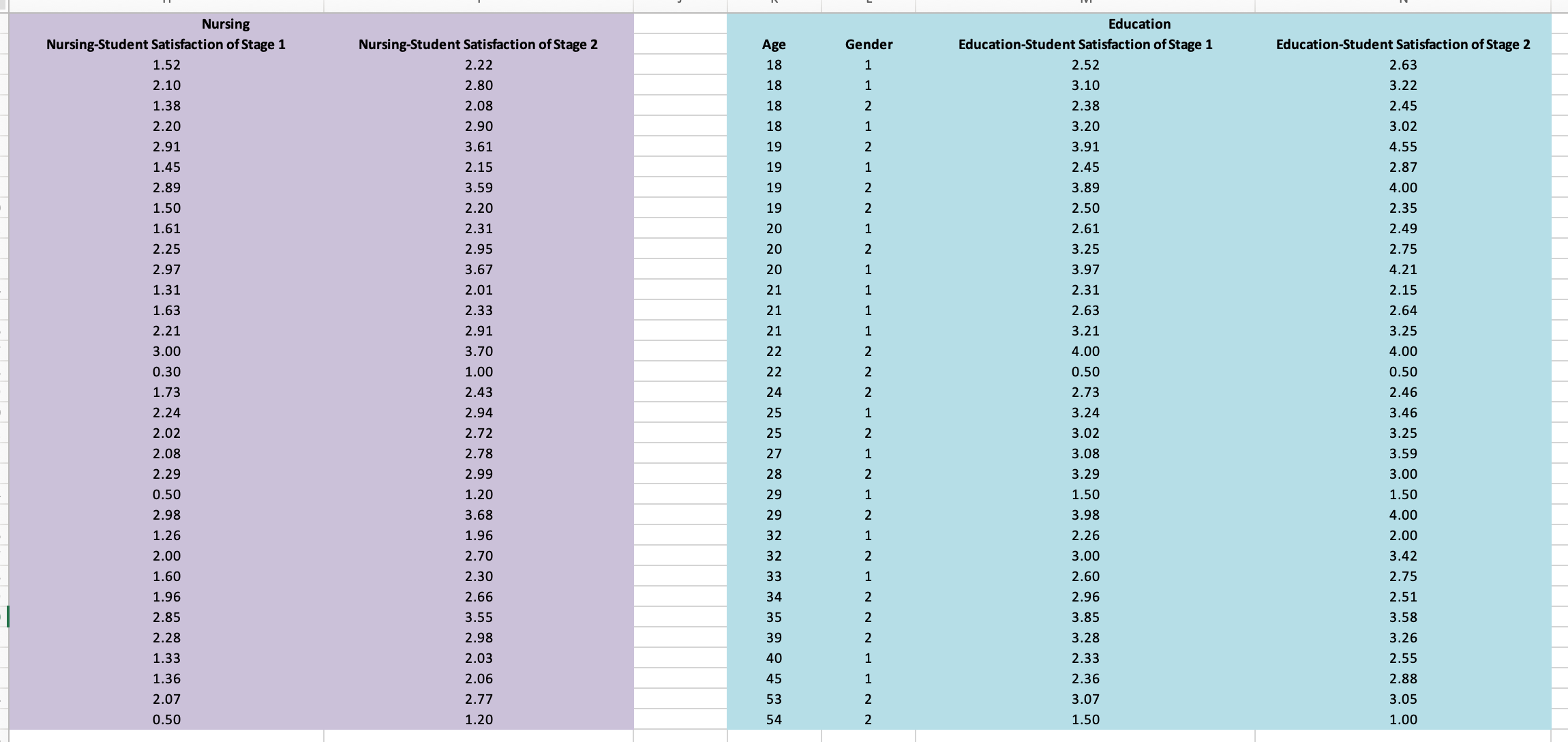Question
eCampusOntario.ca is the primary face of the Ontario Online Learning Consortium (OOLC), a not-for-profit corporation whose membership is composed of all publicly-funded colleges and universities
eCampusOntario.ca is the primary face of the Ontario Online Learning Consortium (OOLC), a not-for-profit corporation whose membership is composed of all publicly-funded colleges and universities in Ontario. Funding for OOLC and the eCampusOntario initiative comes from the Government of Ontario.
eCampusOntario.ca was created in 2015 primarily as a portal for learners to find online courses-through browsing, searching by keyword, or filtering by institution and delivery format. Course details include links to information about scheduling, tuition and fees, instructors, and information about how to get registered and to seek credit transfer. Previously identified course equivalencies are also listed where available. In addition, students can search based on a specific course they need credit for to find available online options at other institutions.
Aiming to improve its services, eCampusOntario has collected data from 33 nursing students, 33 business students and 33 education students on their satisfaction with the eCampusOntario portal prior to registration for any courses (stage 1) and after registration (stage 2). The following information is available for each stream (refer to data sheet):
1.
- - -
-
age of the respondents
gender (1=male and 2=female)
Student satisfaction of stage 1 (ranges from 0 (extremely dissatisfied) to 5 (extremely satisfied))
Student satisfaction of stage 2 (ranges from 0 (extremely dissatisfied) to 5 (extremely satisfied))
Conduct a descriptive analysis of the sample ofbusiness studentswhich includes the following:
- Appropriate measures of central location and variance for each variable.
- Represent each variable in a stand-alone graph using one of the types of graphs discussed in the course. Be sure to use a type of graph that is appropriate for the variable.
- Represent both satisfaction levels in a single graph using one of the types of graphs discussed in the course.

Step by Step Solution
There are 3 Steps involved in it
Step: 1

Get Instant Access to Expert-Tailored Solutions
See step-by-step solutions with expert insights and AI powered tools for academic success
Step: 2

Step: 3

Ace Your Homework with AI
Get the answers you need in no time with our AI-driven, step-by-step assistance
Get Started


